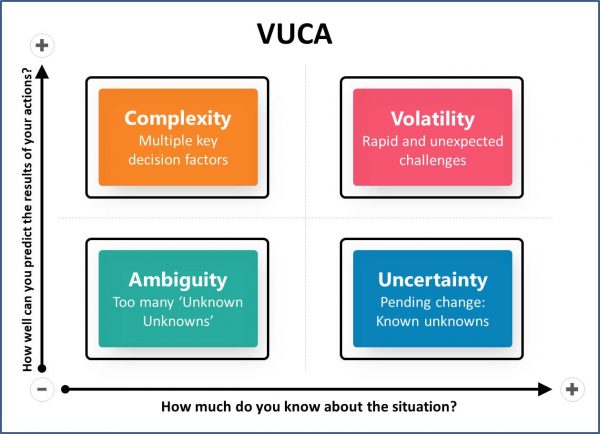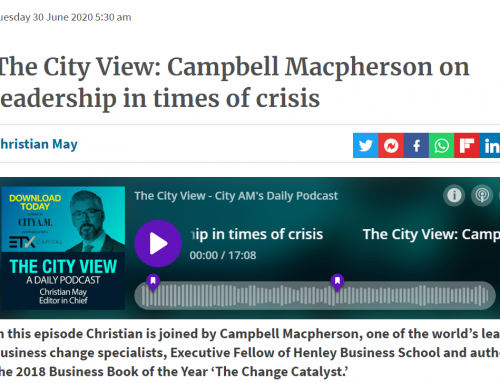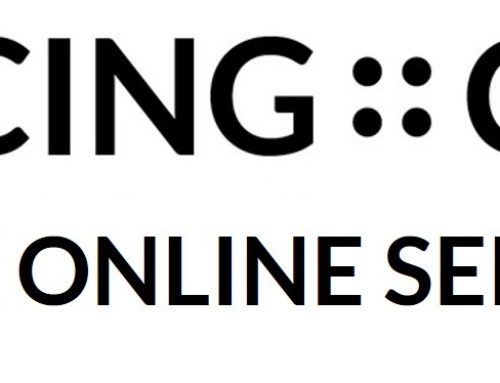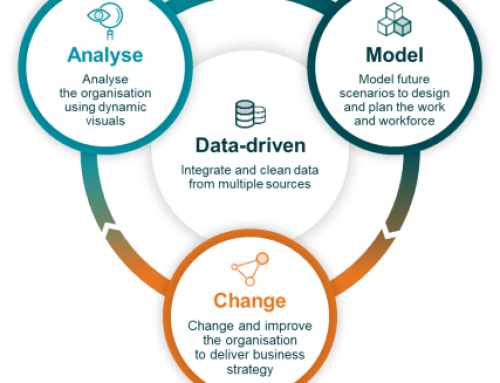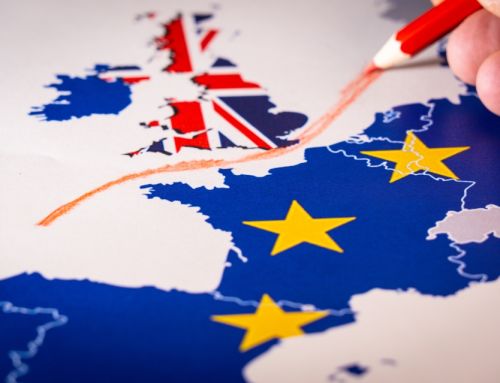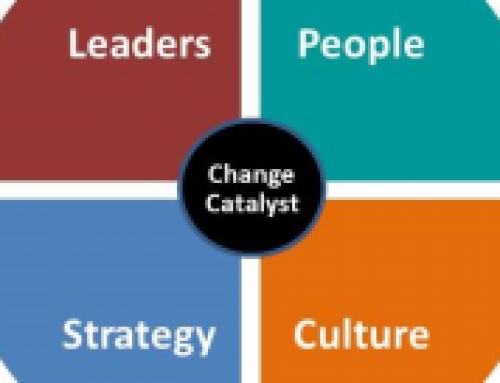After three years of political sclerosis and six straight months of continuous and unedifying electioneering, one significant piece of clarity finally emerged from last week’s UK General Election – Britain is definitely leaving the European Union. Technically, in less than seven weeks’ time.
The markets have greeted this news with rare, dual-pronged optimism – with both the pound and the FTSE100 jumping sharply in celebration of the decisive Conservative majority.
And Brexit will indeed unwrap some exciting opportunities – for those businesses able to embrace change and those leaders best able to lead their people through the changes that lie ahead.
For the business environment we face is one that will be increasingly volatile, highly uncertain, ever-more complex and overflowing with ambiguity.
VUCA (a US army term to describe the state of the world after the end of the Cold War) is here to stay. Let’s take a quick trip around each quadrant and then discuss how you can prepare for future success.
Volatility. We would be wise to anticipate swings in business sentiment, currency valuation and share prices as details emerge about the nature of Britain’s future trading relationships with the EU (its largest trading partner), the US, China, Japan and India (the 5 economies that comprise 67% of global GDP) as well as the other 205 countries that comprise the remaining 30% of the world’s economy.
Uncertainty. This is the VUCA quadrant that is chock-full of the things we know we don’t know. And the list is vast. While we can be confident that our trading relationship with the EU will not change during 2020, beyond that is anyone’s guess. It could be 1 January 2021 if we stay in adherence with EU rules or if we fall out with “our European friends and partners” and start trading with the EU on WTO base tariffs from that day. Whatever happens next year, we should be prepared for the reasonable likelihood that negotiations with the EU could continue for many years to come.
We also have no idea about the nature of our future trading relationships. We don’t know which sectors our government will prioritise in the upcoming negotiations, where they will be prepared to compromise or why. Will we be able to trade with the EU in such a seamless fashion that multinationals will still consider the UK as a viable option in which to base a European manufacturing hub? We shall wait and see.
Will there be checks between GB and Northern Ireland? We have been told emphatically ‘yes’ and emphatically ‘no’. One of those is bound to be correct.
Will Britain’s agricultural sector receive the same level of support it has enjoyed from the EU? Will Wales? Will Cornwall?
What sort of a deal will we end up doing with the US (an economy seven times the size of ours)? Which sectors will be most affected by having to conform to new US rules and regulations? In which ways will our future trade agreement with Japan differ from the one they have finally concluded with the 5-times larger EU?
What will happen to immigration – so important for business and the NHS? The Home Secretary’s views on this are clear while the PM’s public pronouncements on the subject have flipped from one extreme to the other, depending upon the stage of the campaign he was running at the time.
How will financial services be affected post-Brexit? The industry has assumed the loss of ‘passporting’ rights and has been busy opening or expanding European offices in the last three years. Will UK financial regulation adhere to MIFID II and Solvency II or will it be loosened as FCA Chief Andrew Bailey hinted earlier this year? We don’t know.
And on top of all this self-induced uncertainty we could add AI, US-China trade wars, growing geopolitical isolationism, an intensifying climate crisis and a rapid rise in demand for renewable energy, ESG and Responsible Capitalism.
Our world is never going to be quite the same again.
Complexity. Many of us will find ourselves in situations where multiple mitigating factors will combine to produce surprising results for our sector and our business – especially if we are seeking out new export opportunities, new supplier relationships, resolving staffing/skills shortages or investing in the development of new capabilities as events unfold.
Ambiguity. The final VUCA quadrant is where the ‘unknown unknowns’ dwell. These are the scenarios that will blind-side us if we are not ready, willing and able to be agile. Businesses that are stuck in a groove with too many ‘elephants’ left unacknowledged and too many ‘sacred cows’ left untouched – will struggle to be successful in an ambiguous future, however successful they may be today.
Leading in your VUCA world
We are facing a business environment in which change is the only constant and it is our job to navigate our people and our organisations through it all.
To achieve this, you and your business will need:
• Strategic clarity. Clarity of why your business exists, who your core customers are and why they buy from you. What makes you special?
• Clarity of business drivers. Deep understanding of the key drivers of your customer experience, revenues and profitability.
• What-If Proficiency. Your people will need to be highly skilled in the dark art of ‘What-if-ery’. You will need, at your fingertips, deep and rapid understanding of how potential economic changes are likely to affect your business.
• Strategic Agility. The ability to tweak your strategy or change tack as events unfold – without shame or blame attached in any way. Leaders who clothe themselves in strategic straight-jackets … will fail.
• Execution. Effort is admirable but only delivery of outcomes delivers results.
• A change-ready culture. Your people will need to be ready to embrace change; constantly inquisitive and continually looking for new ways of working.
• An extraordinary leadership team. You will need ‘leaders of leaders’ who trust one another and work together to deliver shared objectives.
• The ability to lead change. 88% of change initiatives, business strategies, mergers and acquisitions fail to deliver. You and your leadership team must possess the skills to be the 1 in 8 that succeed.
The VUCA business environment in which we find ourselves will place several obstacles in our way. But it will also unearth exciting opportunities – for those leaders who are able to lead change and for those businesses that are ready, willing and able to embrace change.
Is your business ready?
Campbell.
Click here to download a pdf of this article.
Go to the workshops page to find out more about our acclaimed ‘Leading Change’ and ‘Embracing Change’ workshops – endorsed by The Institute of Leadership & Management.

